25 Years of Shared History, Present, and Future: History Student Pilots Symposium, A “Pivotal” moment in Kosovo’s History
By Emily Putnam
Krenare Recaj, a Kosovar Albanian refugee and PhD candidate in the Department of History, has organized a Symposium to commemorate the 25th anniversary of the Kosovo War and highlight Canada’s pivotal role in the humanitarian mission that welcomed 7,000 Kosovar Albanians to its shores.
The event explores the lasting bond between Canada and Kosovo—a story of migration, resilience, and the evolving partnership that shapes their shared future.
Shared History
The forced displacement of over a million Kosovar Albanians, over 800,000 of whom were forced to flee to neighbouring countries such as Macedonia and Albania, left hundreds of thousands more displaced within Kosovo.
Canada responded by launching Operation Parasol, which involved the airlift of 5,000 Kosovars to Canada, and the Kosovo Family Reunification program which accelerated the arrival of an additional 2,000.
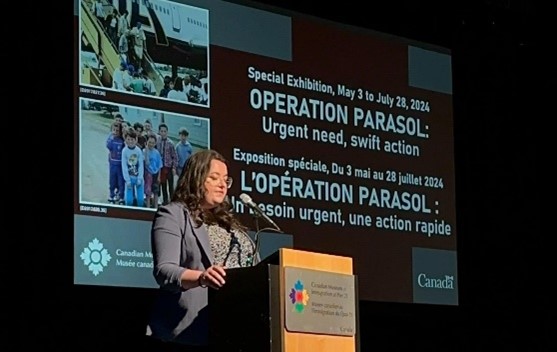
For Arta Tahiraj, a second-generation Kosovar Albanian and Carleton graduate, this symposium presents an opportunity to honour the experiences of those who were affected by the conflict.
Tahiraj is on the symposium’s planning committee and says she is eager to hear stories from other Kosovo refugees participating in the event.
“This symposium reflects on a pivotal moment in Kosovo’s history, and it’s important to ensure their lessons continue to resonate. Bringing together these diverse voices and perspectives can help us reflect on the past, but also engage in meaningful dialogue about how we can shape a better path forward.”
Arta Tahiraj met Krenare Recaj when her family arrived in Canada in 1999. She says the most exciting part about planning the conference was the opportunity to work together.
“I’m constantly inspired by Krenare’s work and dedication in preserving the Kosovar story,” says Tahiraj.
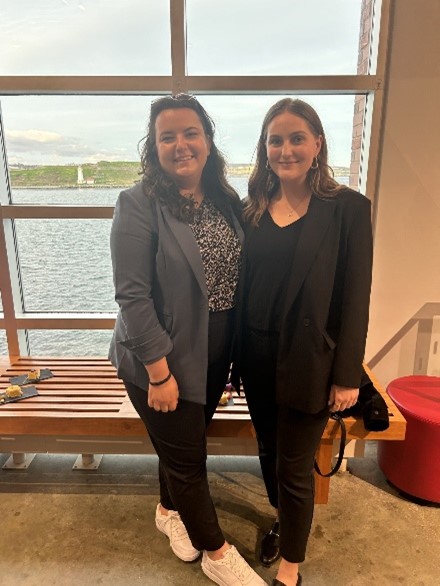
Recaj hopes the symposium acts as a reminder of the enduring significance of the Kosovar perspective.
“If this symposium illuminates even a fraction of my community’s experiences and advances these conversations about forced migration and refugee responses, the work will have been worth it.”
She says it’s a subject too often overlooked.
“The Kosovar refugee experience is often remembered as a ‘good news story,’ and in many ways, it is. But we must go further. Beyond gratitude, we need to ask: what challenges did refugees face? What lessons were learned and perhaps overlooked? Whose stories are we hearing, and why?”
Kosovo was liberated on June 12, 1999, through the military and diplomatic efforts of the international community and Kosovar Albanians themselves. Many chose to return to Kosovo following its liberation, while others decided to build new lives in Canada.
In the 25 years since, these paths have often intertwined, with Kosovars moving back and forth, reflecting migration’s fluid and complex reality.
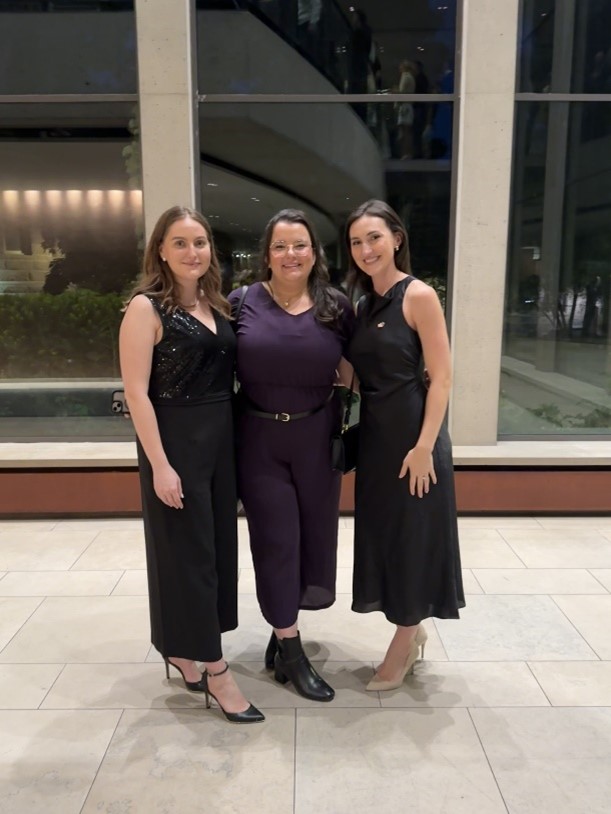
His Excellency Adriatik Kryeziu, the Ambassador of the Republic of Kosovo , says he is pleased by the strong partnership forged between countries.
“Today, I’m able to represent my country because of the determination, perseverance, and liberation struggle of our people to see our country free from oppression and regime. This was also made possible with the help of our friends and allies such as Canada – those that believed in our right to self-determination and our right to statehood; the ones that stood by us in our darkest days and in our brightest.”
Canada’s relationship with Kosovo has transformed from one of primarily humanitarian concern in the 1990s, to one of mutual interests and partnership in the present.
Shared Present
The two-day symposium commemorating the anniversary will bring together academics, immigration officials, policy makers, politicians, private citizens, representatives from aid organizations, and members of the Kosovar Albanian community.
Dr. Laura Madokoro, symposium co-chair, historian, and Associate Professor in the Department of History at Carleton, supervises Recaj’s doctoral work, which inspired the organization and vision for the forum.
“Krenare’s work will have a transformative impact on how we understand the humanitarian efforts in 1999 and the experiences of the Kosovar Albanian community in Canada,” says Madokoro.
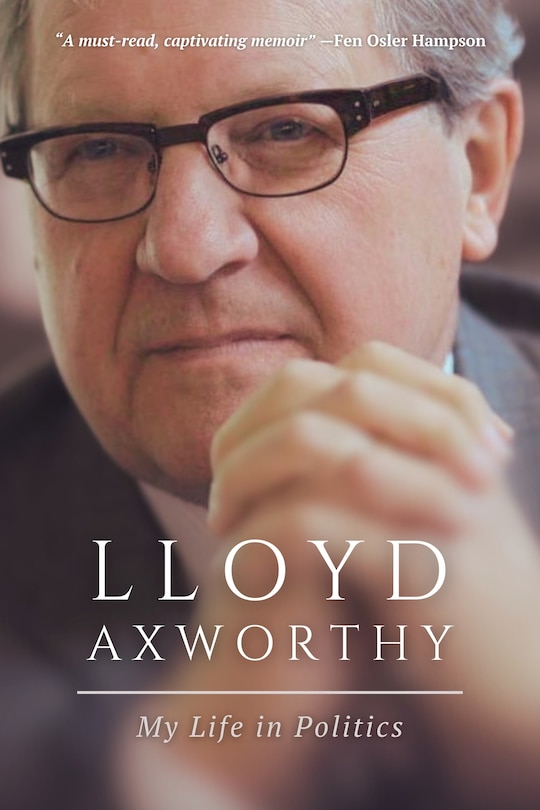
“It’s a powerful project because it disrupts conventional frameworks, encompasses multiple perspectives, and helps us understand people’s relationships to multiple places, communities, and histories.”
The Opening Gala, which will be held on Friday, November 1, at the Chelsea Hotel in Toronto, will gather 250 guests, including distinguished individuals such as former Minister of Foreign Affairs Lloyd Axworthy, politicians, Canadian armed service members who played pivotal roles in Operation Allied Force and Operation Kinetic, and Kosovar refugees who were resettled in Canada in 1999.
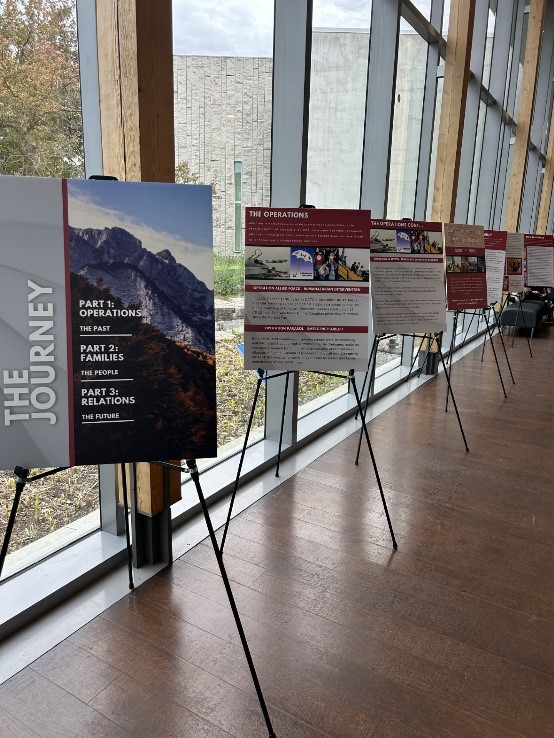
The panels will take place the following day at the Campbell Conference Facility on the University of Toronto campus.
The Bill Graham Centre of Contemporary International Affairs at the University of Toronto co-hosted the event, and Director John Meehan says the centre proudly supports it.
“This conference deepens our understanding of the history of Canada’s commitment to human security, including its political, military and humanitarian aspects. As we educate global citizens, it’s helpful to reflect on the ways in which Canada and Canadians have responded constructively to the humanitarian challenges of our time.”
The evening will include speeches from those who contributed to the efforts in Kosovo, as well as touching remarks from refugees and Albanians who supported them during that critical time.
Additionally, there will be cultural performances showcasing the rich heritage of Kosovo.
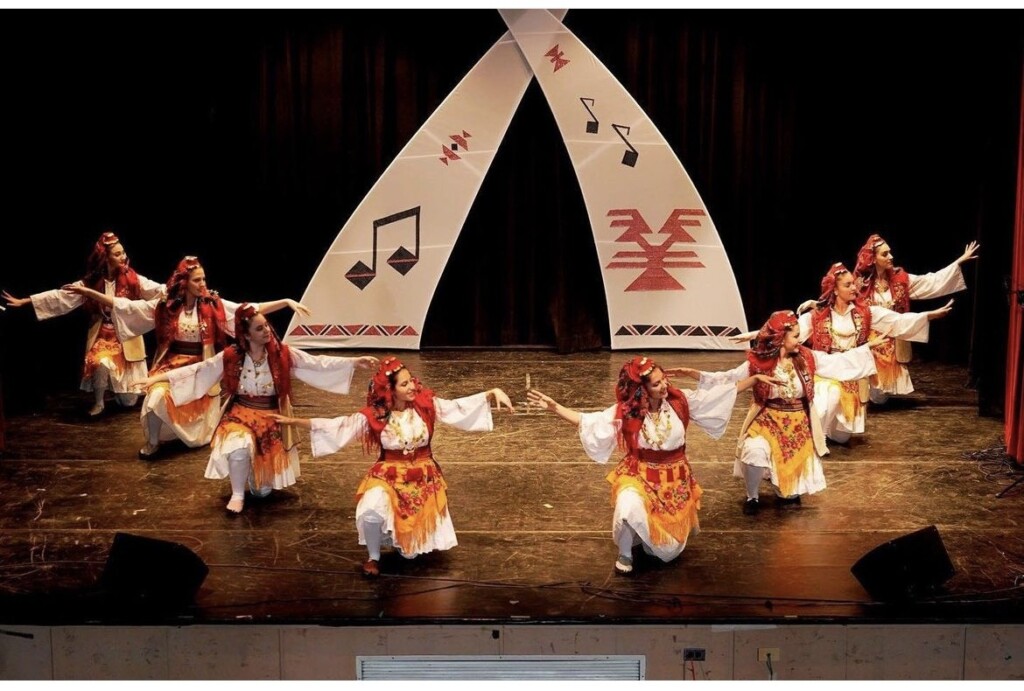
Gerry Maffre served as the senior communications manager at Citizenship and Immigration Canada in 1999. Today, he represents the Canadian Immigration Historical Society and is a member of the symposium’s conference committee.
He says the event will “mark an important milestone in the Society’s work with Krenare, which has been a real pleasure. The Society looks forward to the day Krenare walks the convocation stage to receive her doctorate.”
He notes that the commemoration has rekindled a sense of personal and professional accomplishment.
“While such anniversaries offer a particular moment to tell these stories, there is an ongoing need to do so,” says Maffre.
Shared Future
Canada recognized Kosovo’s independence in 2008 and established diplomatic relations shortly after. Now, Kosovo maintains a presence in Canada through its embassy in Ottawa and consulate in Toronto, while Canada’s interests in Kosovo are represented by the Canadian Embassy in Croatia.
Kosovar refugees who came to Canada in 1999 have significantly enlarged and strengthened the Albanian diaspora in Canada.
Recaj says one of the committee’s guiding motivations regarding the conference is to celebrate while reflecting critically—to balance commemoration with education.
“Often, only a particular type of refugee story is told, and it’s told in a certain way. In planning this event, we’ve strived to include a broad range of experiences within the Kosovar refugee movement.”
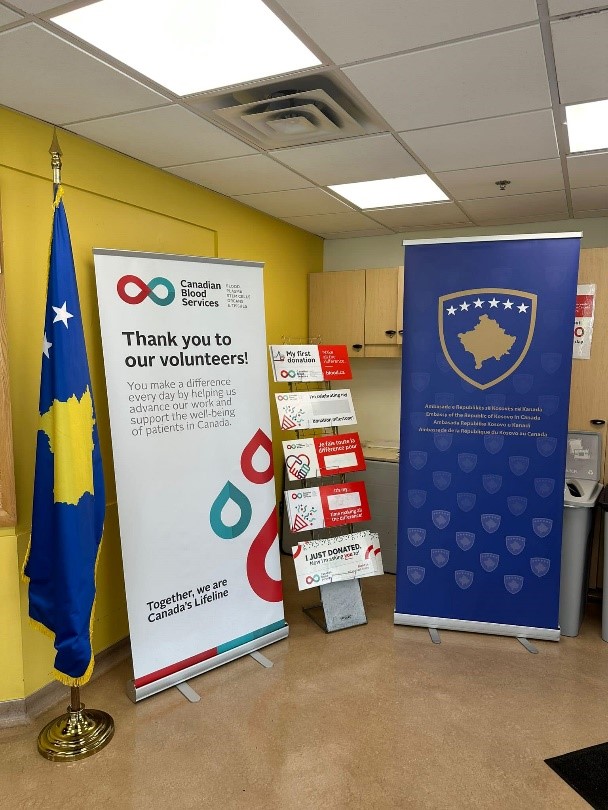
“Those who arrived here as children and those who came as elders, those who have returned to Kosovo and those who’ve stayed, those working as physicians and those in the trades—each experience adds nuance and complexity to our understanding. By giving space to each story, we hope to enrich our collective memory and inspire deeper insight into the realities of migration and resettlement.”
Ambassador Kryeziu notes, “We are proud today to see our diaspora well-integrated across the country, contributing to Canada’s development and rich diversity. They are Kosovo’s finest ambassadors in Canada, continuing to support their families, enrich Canadian culture, invigorate its economy, and strengthen the ties between our two countries.”